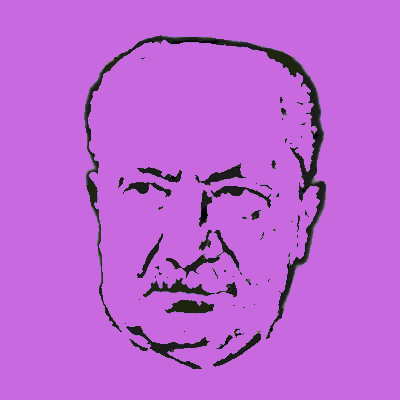The phenomenological method in Zollikon Seminars by Martin Heidegger
Main Article Content
Abstract
This study is meant to be as a further contribution to the existing body of studies on the relation between Heidegger and Freud. By relying on J. Derrida, J. Alemán and S. Larriera, the aim is to investigate some moments of convening between Heidegger and Freud which, perhaps, because of an excess of proximity, could not be perceived as such. At the same time, the aim of the present research is to show the way in which Freud can be included into Modernity through his perculiar concept of symptom such as Kompromißbildung, an approach to the pathological phenomenon that can’t be disconnected from its temporality and original meaning. Also, in this way, Freud conceives the subject -without thematically addressing it- in an inextricable unity of three factors: affection, understanding and language.
Downloads
Article Details

This work is licensed under a Creative Commons Attribution-NonCommercial-NoDerivatives 4.0 International License.
Authors retain ownership of copyright and reproduction rights.
Authors may make other independent and additional contractual arrangements for non-exclusive distribution of the version of the article published in this journal (e.g., inclusion in an institutional repository or publication in a book) as long as they clearly indicate that the work was first published in this journal.
Authors are allowed and encouraged to publish their work on the Internet (e.g. on institutional or personal websites) after the review and publication process, as it may lead to productive exchanges and to a wider and faster dissemination of the published work.

